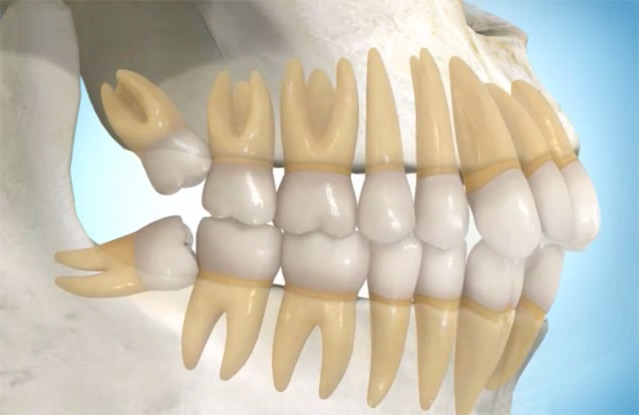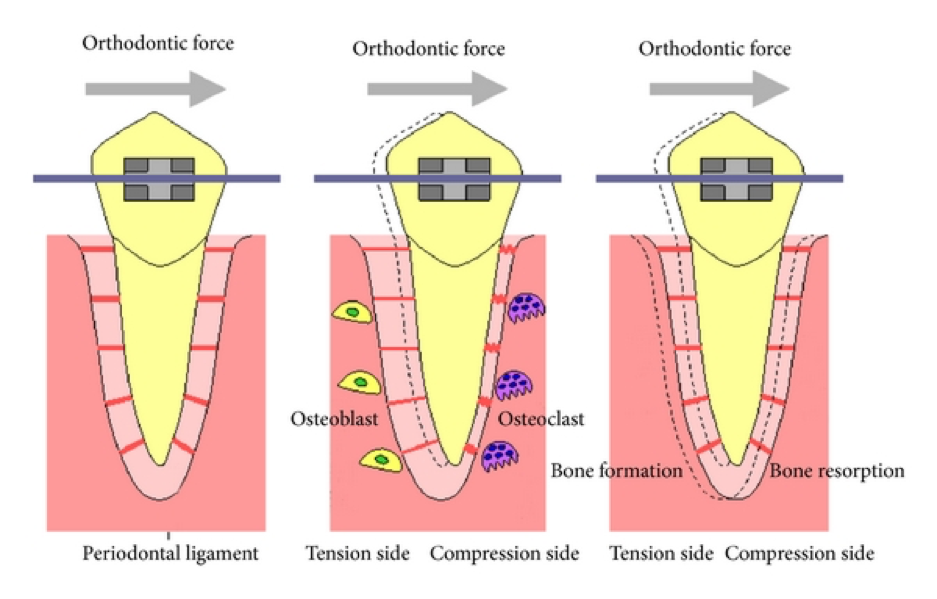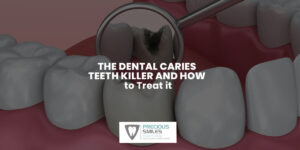It can happen that our teeth move over the years. It usually happens gradually, so it’s hard to notice. Why is this happening? The simplest answer is that our teeth are not permanently fixed to the jaw, so they tend to move over time.
Why do teeth move?
The teeth are held in place by the gums, jaws and connective tissues called periodontal ligaments. Any event or condition that affects how these parts hold the teeth in place, could lead to the movement of the teeth.
The most common causes of tooth displacement
Age
As we age, our body changes, and the same goes for our teeth, jaws, and mouth. Whether it is natural wear or thinning of enamel as we age, teeth become more prone to “movement”. The more our teeth and support structures are worn out, the less they can withstand the forces of constant nibbling and chewing. Therefore, they can move from their “original” places.

Genetics
We can’t fight the genes we were born with. If your genes say your teeth will move later in life, they probably won’t be as straight as they are now. It is simply the nature of genetics. Those who have a tendency to move their teeth will probably see how their teeth move over time, even if they have taken very good care of their teeth.
Gum disease
Our gums are one of the main parts that hold teeth in place. Gum disease is the leading cause of tooth loss in adults, and can cause your gums to separate from your teeth. This reduces the support and stability they provide, which can lead to the teeth gradually moving. If left untreated, it could cause your teeth to become looser before they eventually fall out.

Injury
Sometimes a blow to the head or face can damage the surrounding tooth tissues or damage the tooth or teeth. When this happens, some teeth may be “excluded” because they have shifted. Although a head injury may not have completely knocked out the teeth. It could move them out of position, which could get worse over time.




